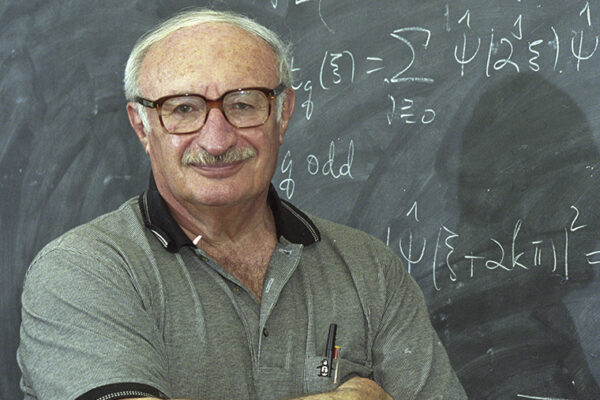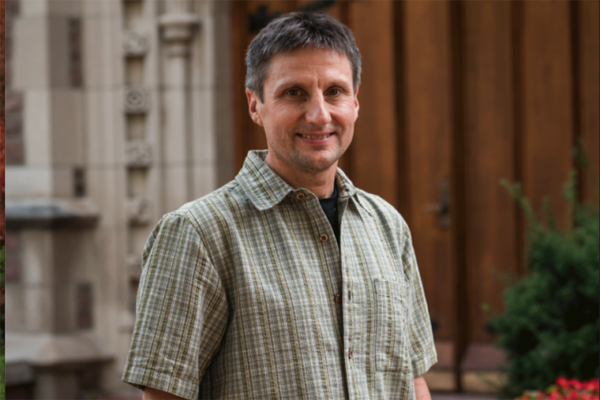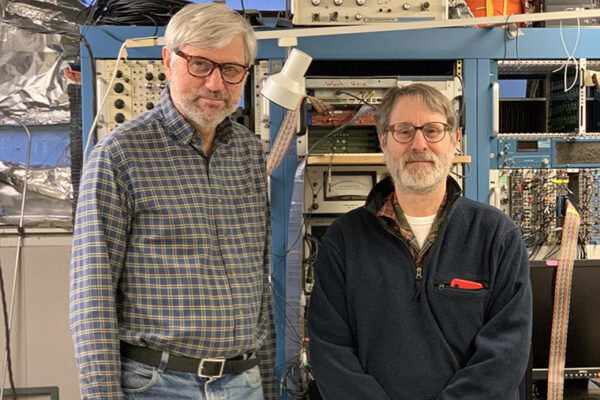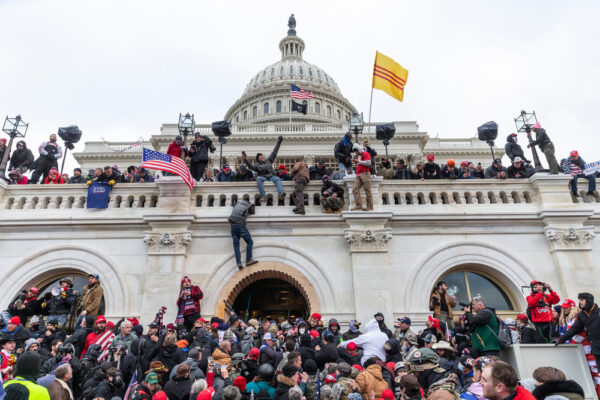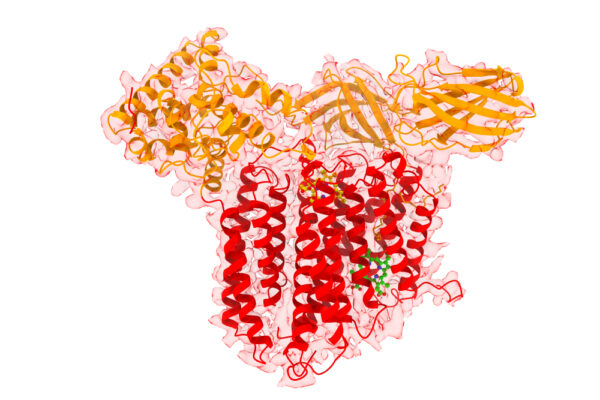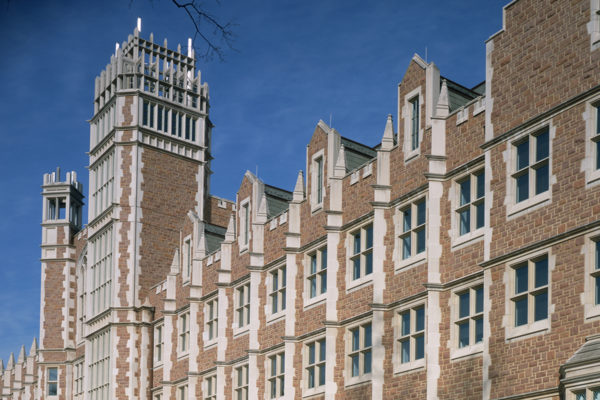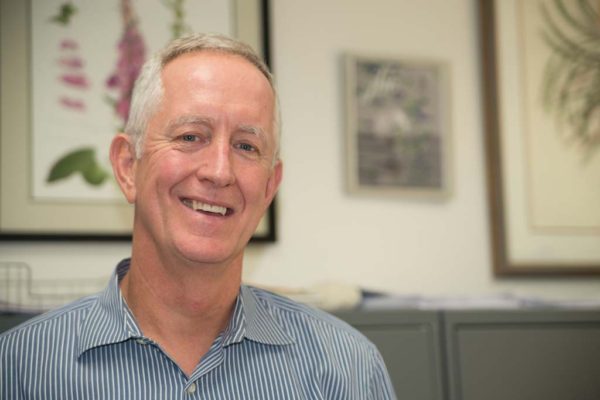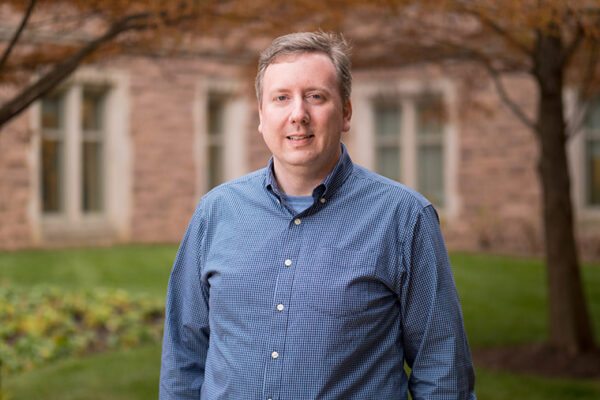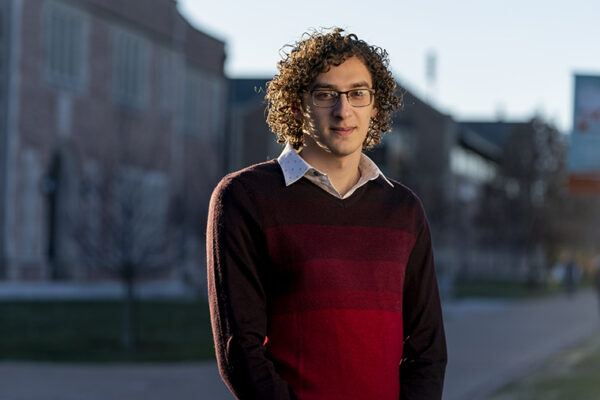Guido L. Weiss, professor emeritus of mathematics and statistics, 92
Guido L. Weiss, the Elinor Anheuser Professor Emeritus of Mathematics in Arts & Sciences at Washington University in St. Louis, died Dec. 25, 2021, of Alzheimer’s disease. Weiss was a prominent mathematician, former chair of the Department of Mathematics and an active member of the university community. He was 92.
Chalker to expand hands-on science in K-12 classrooms
Douglas Chalker, professor of biology in Arts & Sciences, received a five-year $660,281 collaborative award from the National Institutes of Health to expand hands-on science efforts in K-12 classrooms.
Scientists detect world’s lightest magnesium
A new isotope of magnesium — magnesium-18 — was discovered by a team that includes Robert Charity, research professor of chemistry, and Lee Sobotka, professor of chemistry and of physics, both in Arts & Sciences, as reported in the journal Physical Review Letters.
One-year anniversary of siege on U.S. Capitol
January 6, 2022, marks the one-year anniversary of the attack on the U.S. Capitol building by supporters of president Donald Trump. Here, university experts in political science and law offer their thoughts on what the attack means.
A pathway emerges
Scientists at Washington University in St. Louis described for the first time the structure of a bifunctional protein, called CcsBA, that transports heme and attaches it to cytochromes. The study led by Robert Kranz, professor of biology in Arts & Sciences, captured two conformational states of CcsBA, a bacterial and chloroplast protein, allowing researchers to characterize the enzyme mechanism.
Three psychology students recognized for their work
Three students in psychological and brain sciences in Arts & Sciences were honored for their research.
Vierstra receives NIH grant
Richard Vierstra, the George and Charmaine Mallinckrodt Professor of Biology in Arts & Sciences, received a $62,707 supplemental grant from the National Institutes of Health (NIH) in support of his phytochrome research.
Levin wins NIH grant
Petra Levin, professor of biology in Arts & Sciences, received an $84,616 equipment supplement from the National Institutes of Health (NIH) to purchase a new chromatography system.
Catalano wins NSF grant
Jeffrey Catalano, professor of earth and planetary sciences in Arts & Sciences, won a $295,464 major research instrumentation grant from the National Science Foundation to acquire a laboratory-based X-ray absorption and emission spectroscopy instrument.
Senior Kuziez named Marshall Scholar
Senior Abdullah Kuziez, 21, has received the prestigious Marshall Scholarship, which provides American students the opportunity to earn an advanced degree in the United Kingdom. Kuziez plans to study biomedical engineering at the University of Oxford as part of his ongoing search for cancer treatments that are both effective and accessible.
View More Stories
